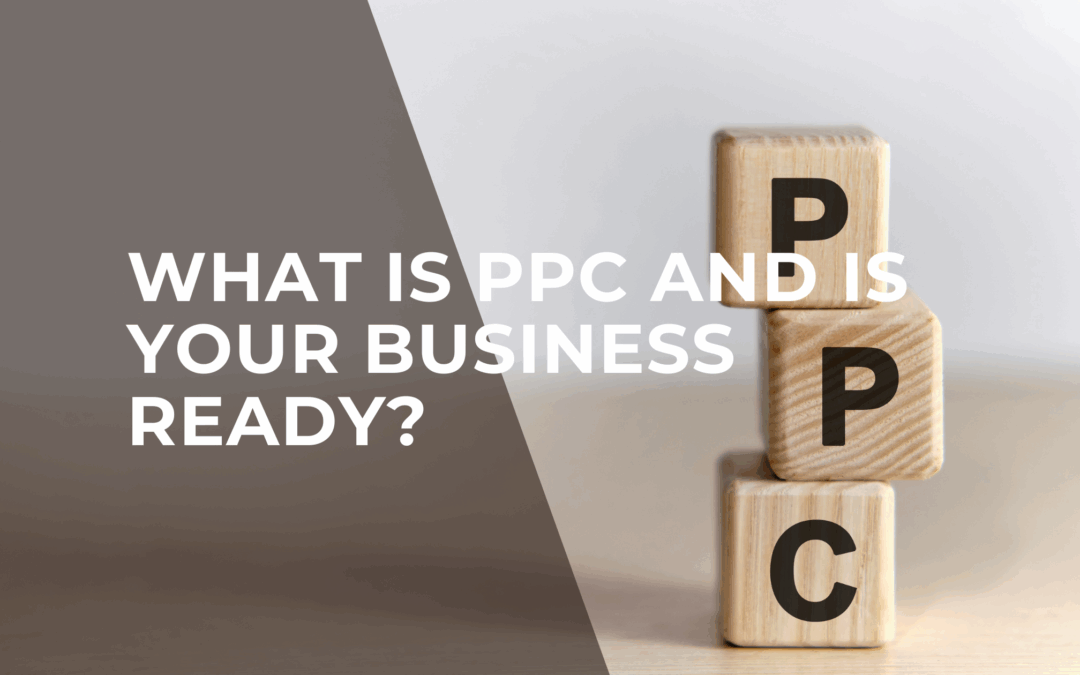Running your own business in 2025 means wearing many hats: marketer, accountant, content creator, and, whether you like it or not, part-time legal expert.
With digital tools evolving quickly and more customer data being handled online than ever before, keeping your business compliant is not just good practice, it is essential.
Here are the legal essentials every small business owner should know this year.
1. GDPR Still Matters and It Is Not Just for Big Brands
The General Data Protection Regulation (GDPR) has been in place since 2018, but many small businesses still are not sure how it applies to them.
In short, if you collect, store or process any personal data, even just email addresses from a contact form, GDPR applies to you.
-
You must get clear, informed consent
-
You must only collect data that is necessary
-
You must store it securely and allow users to opt out or request deletion
2. Cookie Consent: That Banner Is Not Just a Box-Ticking Exercise
If your website uses cookies, especially for analytics, social media pixels or remarketing, you need a proper cookie consent mechanism in place.
What is not allowed:
-
Implied consent (such as “By using this site…”)
-
Cookies loading before the user accepts them
-
Banners that only offer an “Accept” button without options
What is allowed:
-
Clear accept, reject and customise options
-
A link to your cookie and privacy policy
-
No non-essential cookies until consent is given
3. Employee Monitoring and Remote Working Tools
If your team works remotely, you might be using tools such as time trackers, keystroke monitors or productivity dashboards.
Before implementing any of these, consider:
-
Have you carried out a Data Protection Impact Assessment (DPIA)?
-
Have you updated your internal policies to reflect the monitoring?
-
Do your employees understand what is being tracked and why?
Transparency is key. Secret surveillance is not only unethical, but can also be illegal under UK employment law.
4. Terms and Conditions: Not Just Legal Jargon
If you sell products or services online, you need clear terms and conditions that cover:
-
Refund and return policies
-
Delivery and fulfilment
-
Customer responsibilities
-
Your right to make changes
T&Cs help protect your business if a dispute arises, and customers feel more confident knowing where they stand.
Final Word
Staying compliant can feel overwhelming, but small changes make a big difference. Keeping your policies up to date and your website legally sound protects both your customers and your business.
Need a second pair of eyes? We offer free audits and support sessions to help you stay legally fit.
Contact us to book your free Website Compliance Check today












